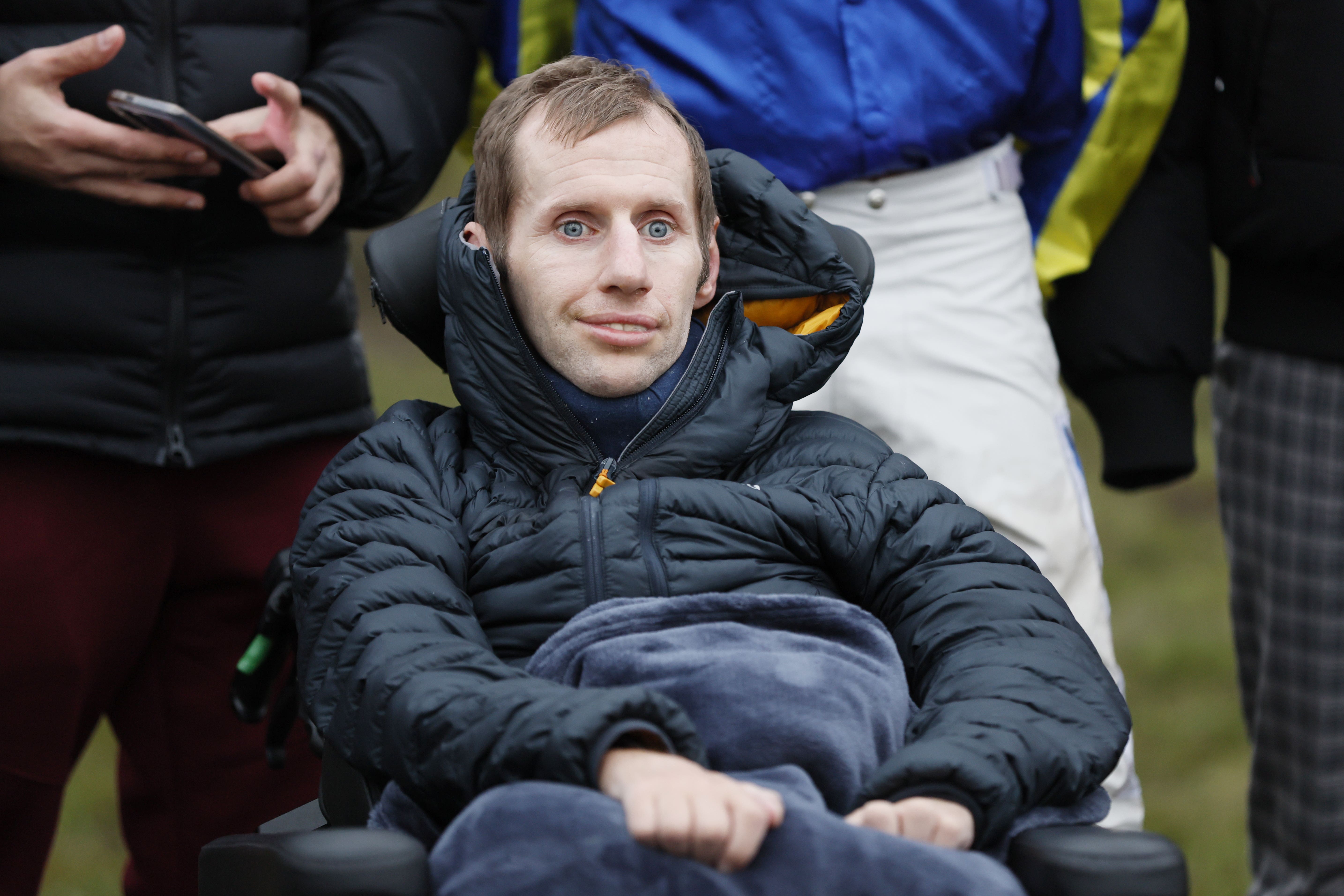Rob Burrow: What is motor neurone disease?
Burrow was just 37 and had three children under the age of eight when he announced on December 19 2019 that he had MND.

Former rugby league player Rob Burrow was one of several players diagnosed with motor neurone disease (MND) in recent years.
Burrow, who has died aged 41, was just 37 and had three children under the age of eight with his wife Lindsey when he made the announcement on December 19 2019 that he had MND.
Here are some key questions and answers about the degenerative disease:
– What is MND?
It is a life-shortening neurological disease which affects the nerves that control movement, so muscles no longer work, according to the MND Association.
The charity says these nerves – motor neurones – control muscle activity such as walking, speaking and swallowing.
But as they are attacked, the brain’s messages gradually stop reaching muscles, leading to weakness and wasting, followed by breathing difficulties.
The MND Association says some people also experience changes to their thinking and behaviour.
– What are the early signs of MND?
The NHS says MND symptoms occur gradually so may not be obvious at first.
Early symptoms include weakness in ankles or legs, slurred speech, difficulty swallowing food, a weak grip, muscle cramps and twitches and weight loss.
– How is MND treated and can it be cured?
There is no cure for MND and the disease will progress over time, according to the MND Association.
How long people live with the condition varies, but some survive for years, and even decades. Professor Stephen Hawking lived for more than 50 years after being diagnosed at the age of 21.
MND can be treated with occupational therapy, physiotherapy, a medicine called riluzole and medication to relieve muscle stiffness and help with saliva problems, the NHS said.
– Who does the condition affect?
According to the MND Association, up to 5,000 adults in the UK have the disease at any one time.
The organisation says it can affect any adult at any age, but it is more likely to occur in people over the age of 50.
– What causes MND?
The health service says it is caused by a problem with cells in the brain and motor neurones.
It is not known why these cells and neurones gradually stop working over time.
The NHS says having a close relative with MND, or a related condition called frontotemporal dementia, can sometimes mean you are more likely to get it, but in most cases it does not run in families.
– Are rugby players more at risk of MND?
In 2022, a study led by the University of Glasgow found evidence of a considerably increased risk of the degenerative disease among former rugby players.
The research, published in the Journal of Neurology Neurosurgery & Psychiatry, compared health outcomes among 412 male former internationals and more than 1,200 matched individuals from the general population.
It found that ex-rugby players had more than twice the risk of a neurodegenerative disease, and a 15 times higher risk of an MND diagnosis.
The study prompted calls for the elimination of contact training and a reduction in the global rugby calendar.
– Which rugby players have been diagnosed with the disease?
Gloucester lock Ed Slater announced in 2022 that he would be retiring at the age of 34 after being diagnosed with MND.
Scottish rugby international Doddie Weir died in 2022, at the age of 52, after being diagnosed in December 2016.
The late South African scrum half Joost van der Westhuizen died in 2017 after it was announced he had the disease in 2011.
Bookmark popover
Removed from bookmarks